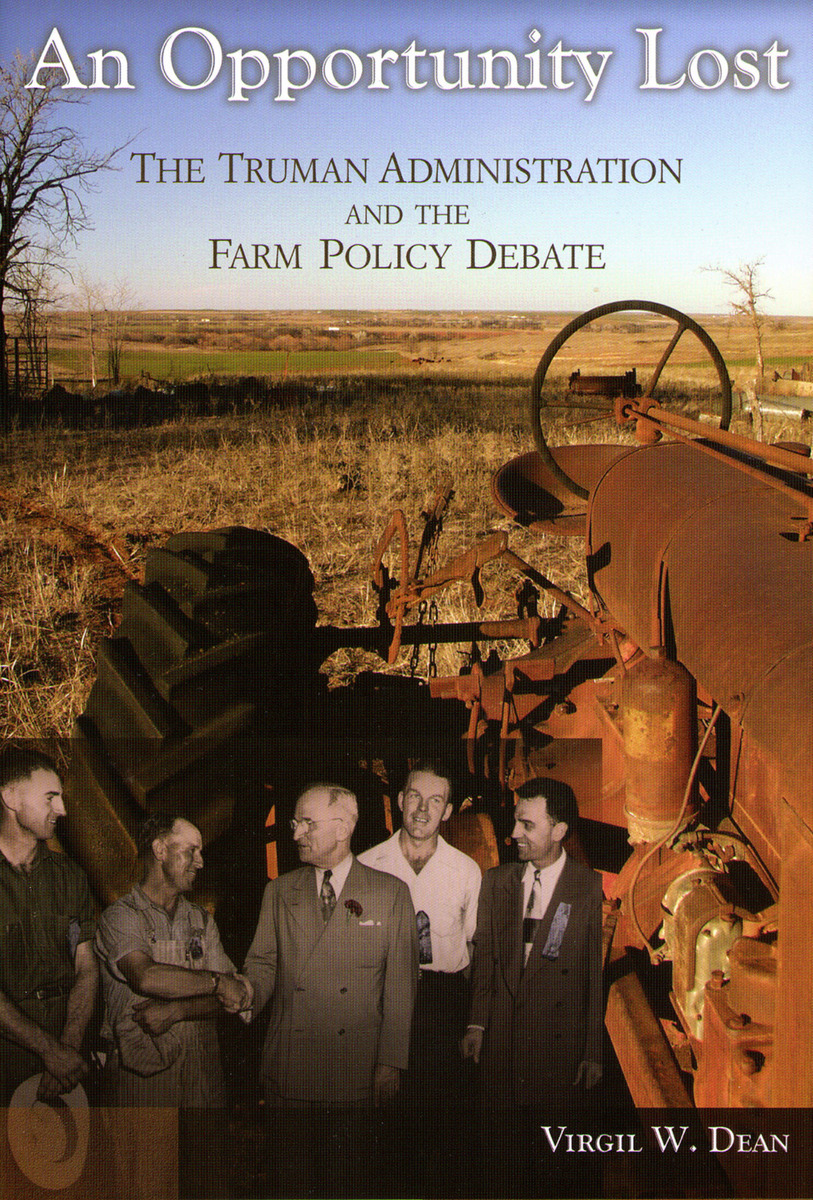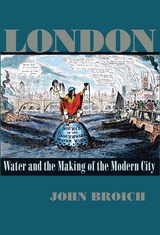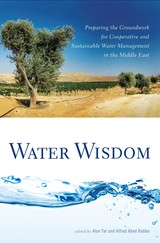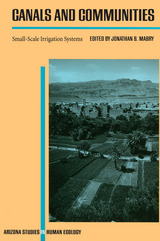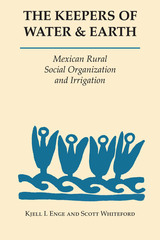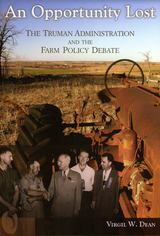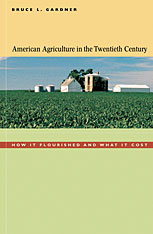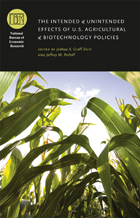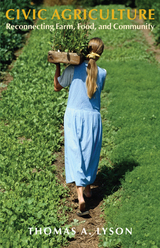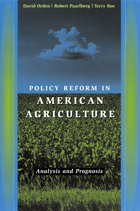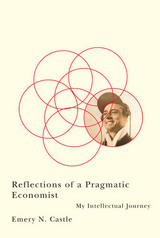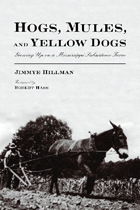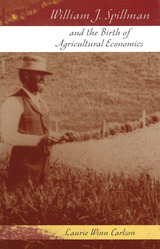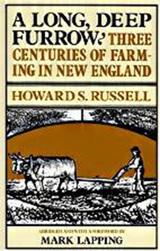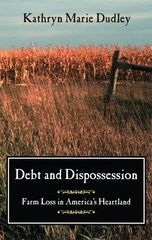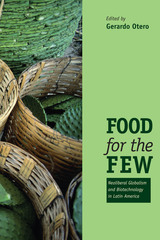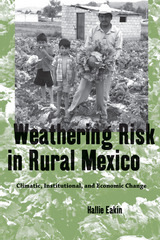An Opportunity Lost: The Truman Administration and the Farm Policy Debate
University of Missouri Press, 2006
Cloth: 978-0-8262-1650-2 | eISBN: 978-0-8262-6519-7
Library of Congress Classification HD1761.D366 2006
Dewey Decimal Classification 338.187309044
Cloth: 978-0-8262-1650-2 | eISBN: 978-0-8262-6519-7
Library of Congress Classification HD1761.D366 2006
Dewey Decimal Classification 338.187309044
ABOUT THIS BOOK | AUTHOR BIOGRAPHY | REVIEWS | TOC
ABOUT THIS BOOK
Harry Truman’s “Fair Deal” domestic policy agenda promised to continue Roosevelt’s New Deal and, with some modification for postwar realities, to guide America into a new age of peace and prosperity. Agricultural policy was a cornerstone of this program, as it attempted to transform the farm program from the parity price foundation crafted by FDR to one based on income support through direct payment to farmers.
Virgil W. Dean takes a new look at the much-heralded “Brannan Plan” to examine in detail the farm policy dilemma and Truman’s quest for a long-range agricultural program that would confront the problems of an industry in the midst of a technological revolution—one in which regional and commodity-based differences only served to complicate any solution. He assesses Truman’s relationships with the farming community and with politicians of both parties and analyzes the complex problems facing those concerned about the welfare of the American farm, focusing on their search for a workable peacetime program—especially as it related to price supports—and their failure to come to terms with the issues.
Dean describes how supporters of the Brannan Plan recognized its promise of social and economic equity while opponents feared excessive government spending, creeping socialism, and the regimentation of agriculture. He also tells how agriculture secretary Charles Brannan interjected partisan politics to an unprecedented degree in policy making—and how Truman used agricultural policy against the Republicans in the 1948 election by creating an issue with little basis in fact.
As Dean shows, the failure of Truman’s efforts meant that the nation lost an opportunity to effect a much-needed change in agricultural policy, yet the issues raised remained at the heart of the farm policy debate for decades to come—with “direct income” morphing into “deficiency payments” to satisfy farmers not wanting to appear to be on welfare. An Opportunity Lost makes a major contribution to our understanding of the Truman administration’s political activities at a time when the agricultural community had a strong voice in the formulation of domestic policy, and it casts new light on the overall fate of the Fair Deal.
See other books on: 20th century | Agriculture and state | Modern | Opportunity Lost | United States
See other titles from University of Missouri Press
